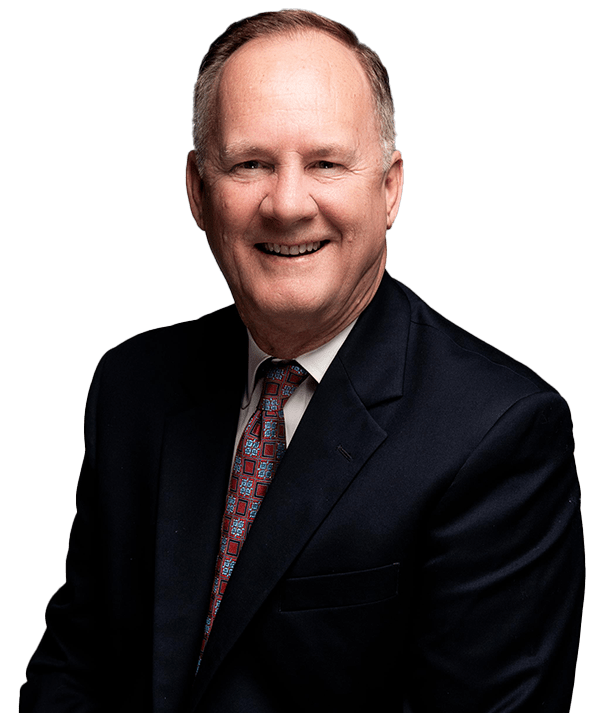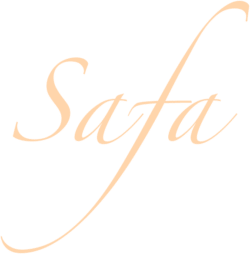Dr. John Sandwick
Specialist in Islamic Finance
I became active in Islamic finance around 2002, when the industry was in its infancy. Today, total assets in Islamic finance have reached nearly $4 trillion. The growth has been phenomenal.
My role has always contributed to sharia-compliant corporate finance, asset securitization, asset and wealth management, and fintech solutions in the Islamic banking space.
In these pages I discuss two areas of activity, Islamic asset securitization (sukuk) and sharia-compliant wealth and asset management. While very different, both rely on accurate adaptation of sharia to real-world finance solutions.
Comments and feedback are welcome. Please use the contact page to send requests for information, provide updates, or let me know what you need.
Biography
Dr. John A. Sandwick is a recognized pioneer in Islamic finance. He created the first application of Modern Portfolio Theory in the context of global portfolio allocations with sharia certification.
He is also noted for organizing innovative domestic and international sukuk (Islamic bonds), the world’s first global sukuk fund, a sukuk participation certificate, and the first-ever mid-market sukuk in Saudi Arabia.
Dr. Sandwick is a Visiting Professor of Finance at Al Yamamah University in Riyadh, and a former Islamic finance instructor at University Paris-Dauphine.
He taught numerous Master Classes on Islamic finance, including in Kuala Lumpur, Almaty, Dubai, Riyadh, Geneva and London for groups including central banks, pension funds, family offices and treasuries.
Dr. Sandwick’s most recent publications include a popular article in the Journal of Asset Management, as well as a book from one of the world’s top-ranked academic publishers, Edward Elgar Publishing Ltd. He has a Master’s in Development Banking from American University in Washington, D.C., and a Doctorate in Business Administration from Grenoble Ecole de Management in France.
Dr. Sandwick—a native of Silicon Valley—has lived in Geneva since 1993 and previously worked at the private banking units of Deutsche Bank (Suisse) S.A., Credit Suisse, and Encore Management (in association with UBS). He is currently a corporate finance and asset management consultant for Saudi businesses and family clients.

